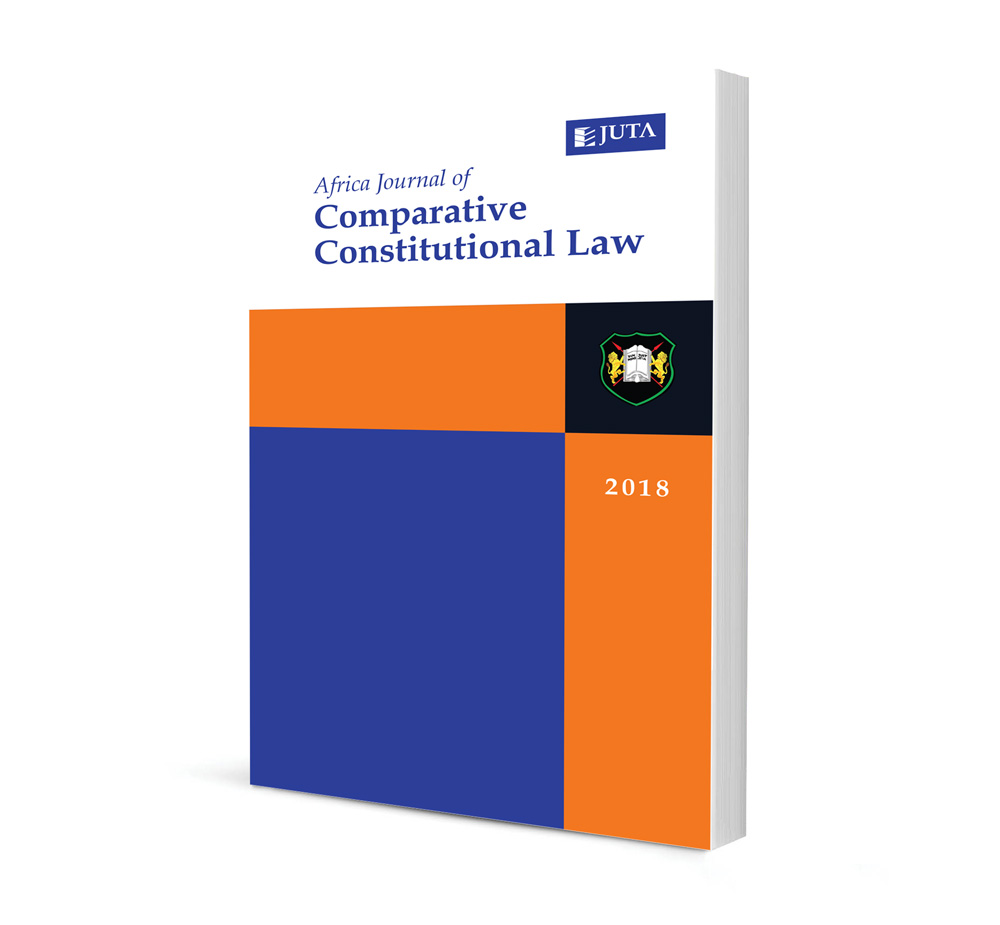Abstract
The scope of constitutional rights was traditionally confined to a state’s territory. Founded on ideas of sovereign equality, it was held that there exists, under both municipal and international law, a presumption against the extraterritorial effect of constitutional rights. But this historic view is now outmoded. Recent case law from national courts indicates a growing tendency to assert legal accountability for human rights violations arising from extraterritorial state action. Yet courts in Africa, excluding South Africa, seldom broach the issue. In addition, whereas supra-national courts are receptive to extraterritorial claims, their national counterparts are more circumspect in approach. Even where they uphold the extraterritorial reach of constitutional rights, national courts often give oblique and contradictory rationales for it. Since national practice on the issue is fragmentary and unsettled, this article contends that international law can promote a more principled and coherent approach by elaborating a unified basis, grounded on international human rights norms, for the extraterritoriality of constitutional rights. Its comparative review of the constitutional jurisprudence of South Africa, Canada, the United Kingdom, and the United States indicates that grounds exist for the emergence of a convergent concept of jurisdiction, transcending the particularities of national or treaty law. The article concludes with a proposal on how best such an extraterritoriality consensus can practically be consolidated, and an exposition of its benefits for African states.
